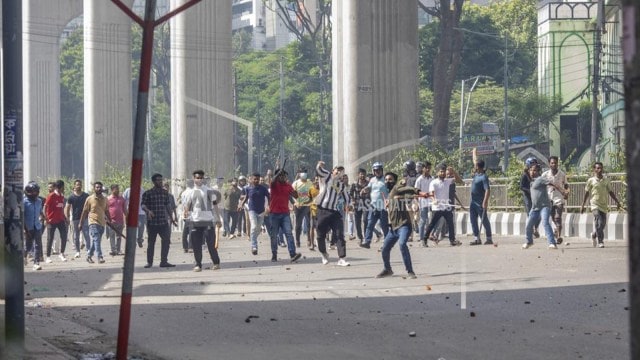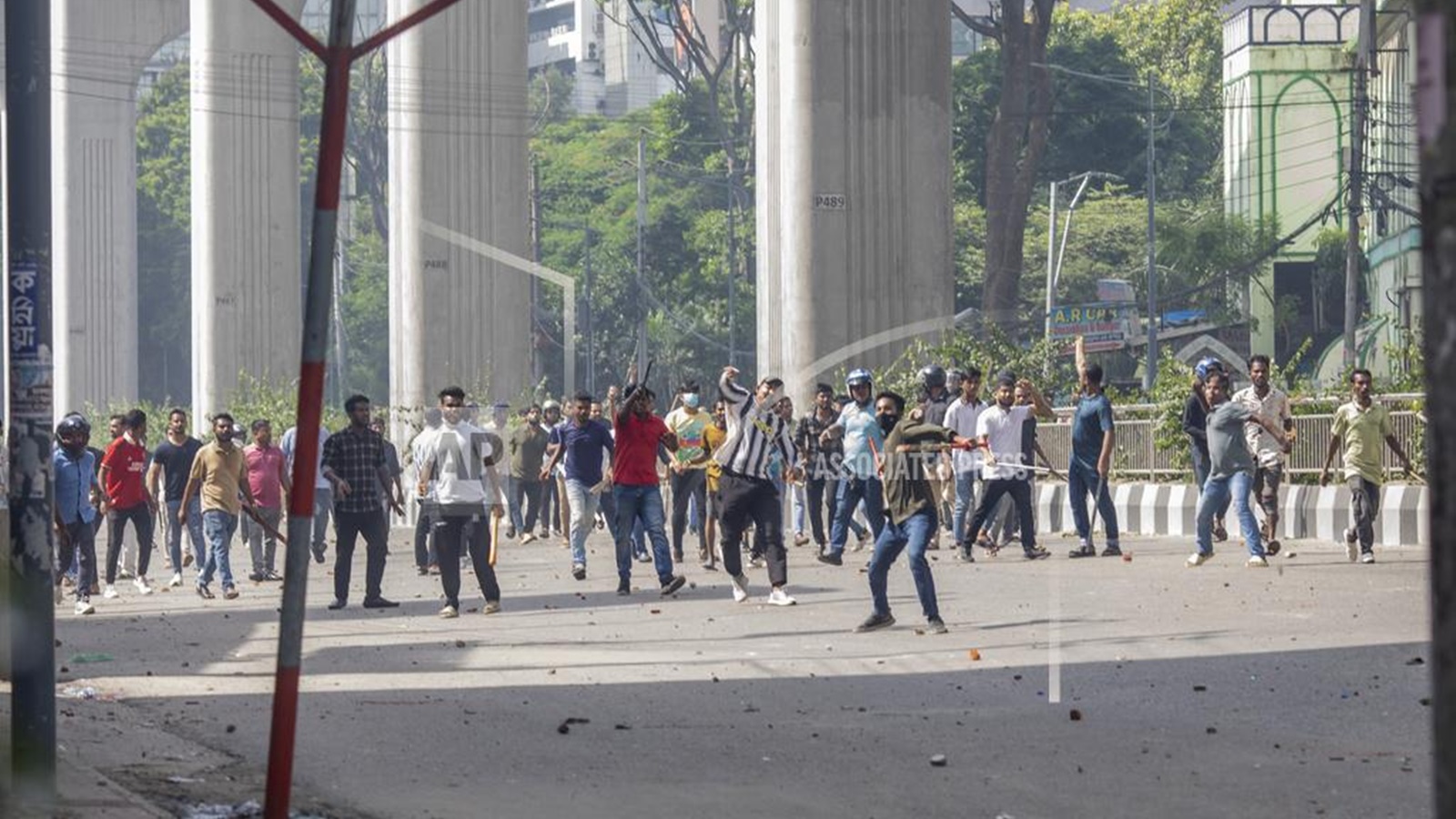
On January 7, 2019, in an article in this newspaper, I wrote about the challenges before the Awami League and the BNP after the 11th National Election. In the closing paragraph, I noted:
“Its staggering majority in Parliament notwithstanding, the Awami League must remain mindful of several significant concerns going forward. Over the last two years, Bangladesh has seen massive public activism driven by social media. People, especially students and the youth, have shown an increasing tendency to occupy the streets. The common thread running through all such acts of public protest has been the burning desire for a just society in which the growing middle class has decent economic opportunities. Simply put, creating more jobs for the educated youth and providing rule of law will remain the twin challenges before Prime Minister Sheikh Hasina. And the strength, durability, and effectiveness of her government will depend on how it performs on these two crucial fronts.” (‘Understanding BNP’s decline,’ IE, January 7, 2024)
Of course, no political analyst can predict the exact date and time of a turbulent political transition or the downfall of a major political force like Awami League (AL), but the growing challenges before the party were not hidden from anyone who took an interest in the political process. The emerging conditions between 2019 and 2024 also did not support any course correction.
The Covid-19 outbreak and then the Ukraine conflict meant that former Prime Minister Sheikh Hasina’s access to the wider party, civil society or constructive critical voices was closely guarded by the administrative gatekeepers who were under the payroll of economic oligarchs. This insulated the decision-making process from all the difficulties that were emerging. Perhaps, the event that best captured this phenomenon is the Shiekh Hasina’s press conferences, where the bureaucratic gatekeepers selectively allowed journalists who would shower the sessions with long praises to the government.
In other words, critical social, political and economic issues were never strongly raised. This culminated in acute economic mismanagement over the last 24 months. More precisely, policymakers failed to address the corruption by economic and bureaucratic elites, ignored dysfunctional institutions, undermined the rule of law, ignored large-scale plundering of the financial sector resulting in the insolvency of private and public banks, acceleration of inflationary pressures, and mounting unemployment among the youth.
This monumental mismanagement and political insulation from social and public concerns caused disaffection among the people at large. The students’ protest was just the trigger for an all-out social movement that was catastrophically mishandled by the AL government. That the party viewed every social movement as a conspiracy did not help. Neither did the tendency to look at every political and social problem as a nail and every solution as a hammer. Party hardliners, sycophants and self-serving ministers kept a grip on key positions within the AL and moderate leaders who advocated discussion and compromise were increasingly sidelined.
The humiliating downfall of one of the most dominant political parties of the Subcontinent is, then, the result of a series of undressed and avoidable fractures that weakened the party and disconnected it from the general public.
The Awami League has faced such a political downfall before. But it has never faced a crisis of moral authority of this magnitude. This necessitates a total reset in the AL that not only shapes how the party reorganises after this crisis but also makes an effort to reestablish credibility, integrity and moral authority. This long and painful journey that awaits the party needs to start with an honest admission that not only has the Awami League failed the aspirations of the student fraternity in Bangladesh, but its aversion to democratic values both within the party and country has detached it from the wider sentiments of the society.
For the Awami League to reemerge from the ashes, it cannot play by the old political rules. Most importantly, it must take accurate stock of the political and social reality in Bangladesh – and it should aim to develop a working political relationship with all parties and civil society actors.
A chastened but transformed AL that genuinely cherishes the democratic ethos can only emerge if the party is sincerely apologetic about creating the conditions that ultimately triggered the July Revolution. The party remains the largest body of liberal and secular sentiments and can rebound and become a force for social and economic progress again. That is why it deserves a legitimate political space to function in a truly democratic Bangladesh, which the interim government professes to work towards.
The writer is a Bangladesh-based political worker and political-economy analyst




